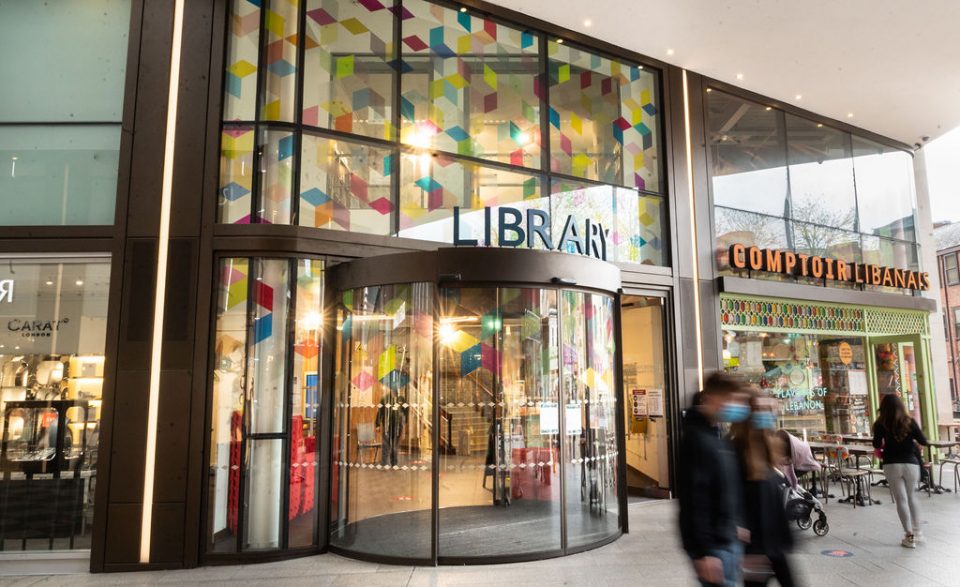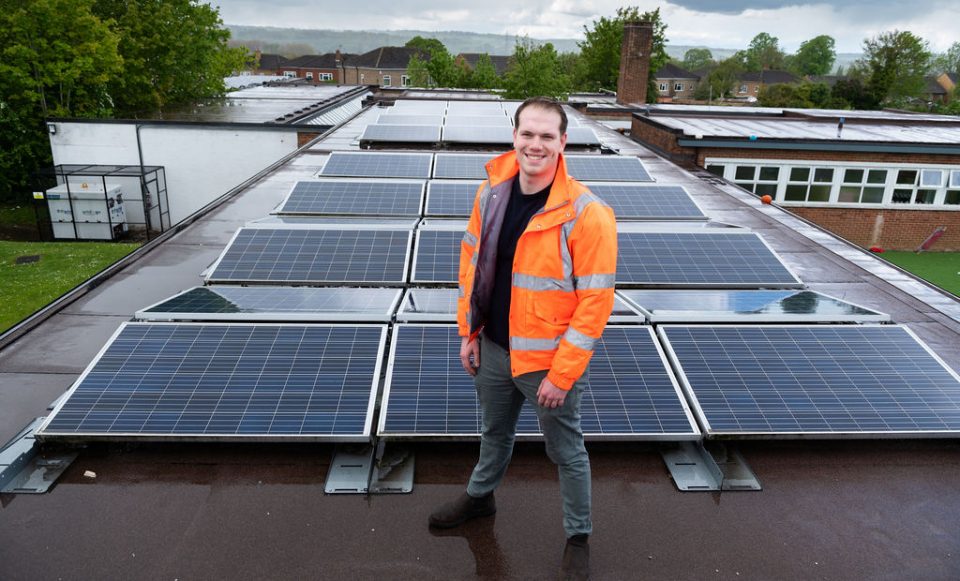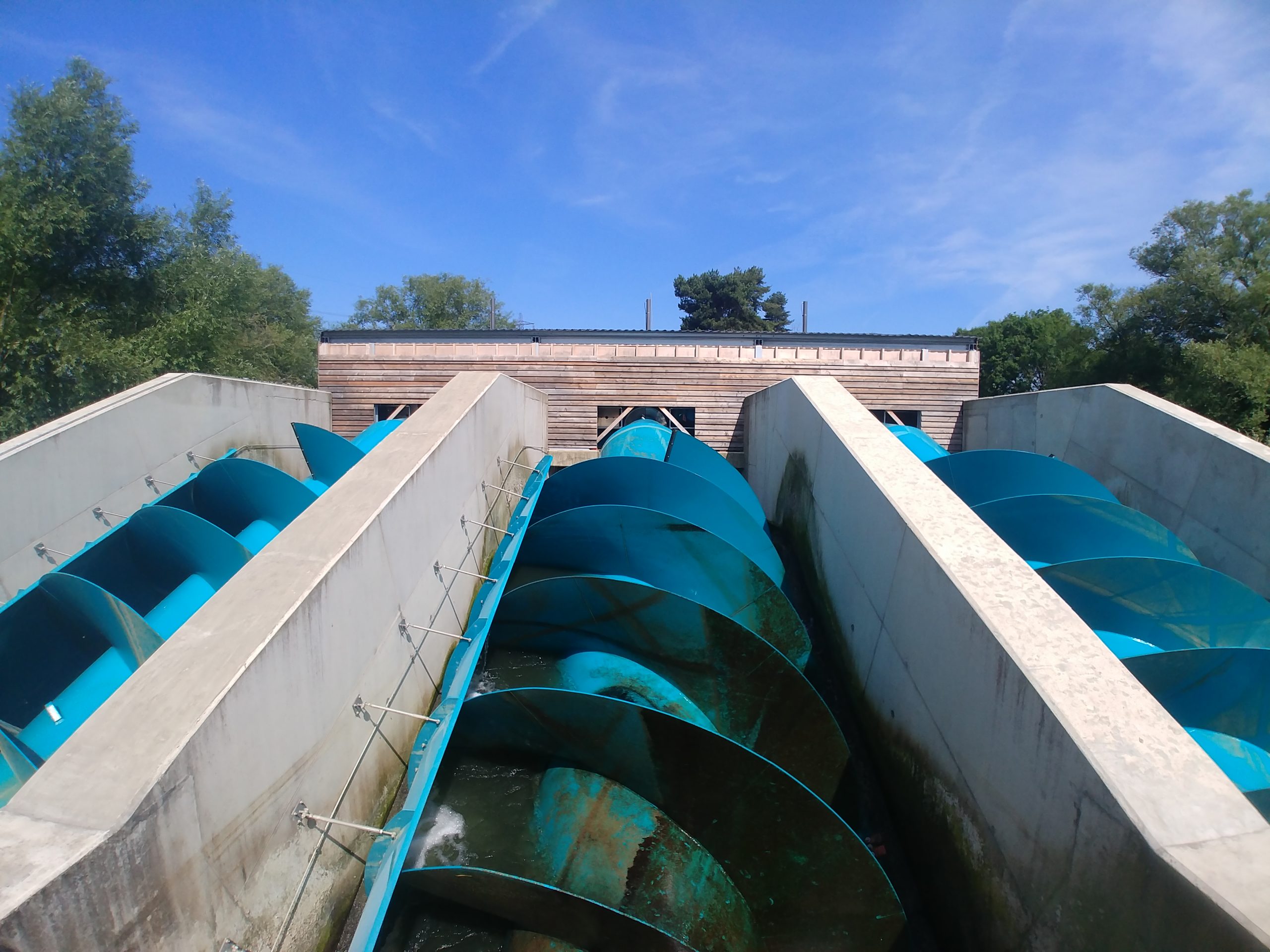
Energy asset trials
Our energy asset trials explored the potential of various energy assets, such as a solar park or battery, to deliver flexible energy.
What are energy assets?
An energy ‘asset’ includes:
- Something that generates electricity (such as Solar ‘PV’ panels, wind turbines etc)
- Batteries and other forms of energy storage
- A place that can turn up or down it’s energy demand (called demand response).
Some of these assets were ‘flexibility ready’ and were already be able to provide flexible energy in a reliable way – we tested to see how to get the most from these assets.
Other assets had the potential to provide flexible energy only with certain adaption or change – we tested how we can enable these assets to provide flexible energy.
An energy asset is ‘flexible’ if it can increase, decrease or alter when it is using or generating power. This change needs to be:
- controlled and monitored
- made in response to a request by the energy network operator and at an agreed time.
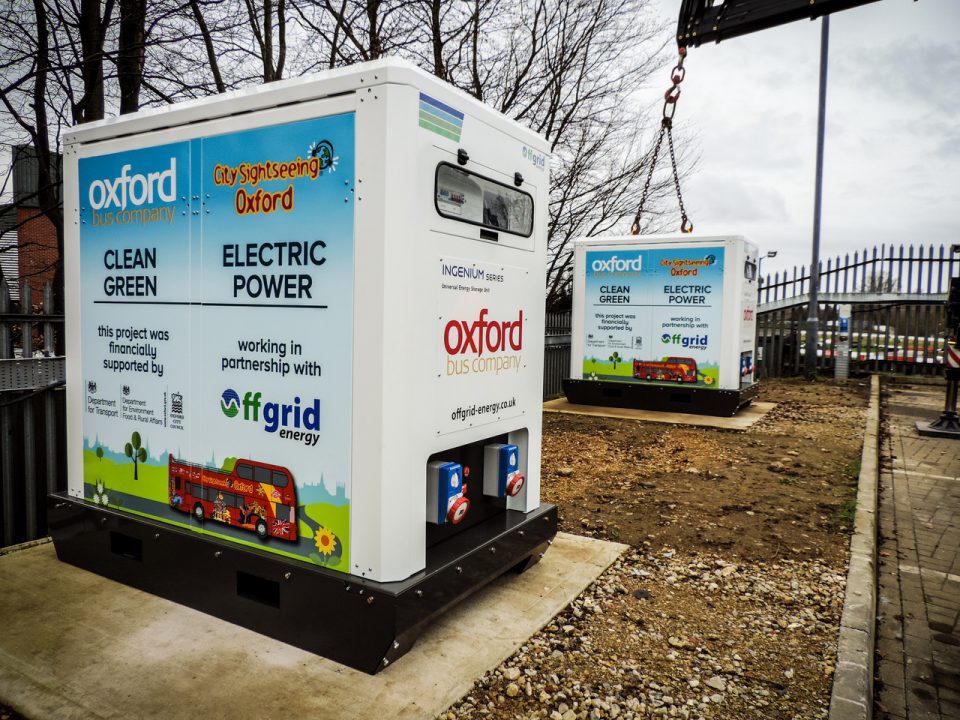
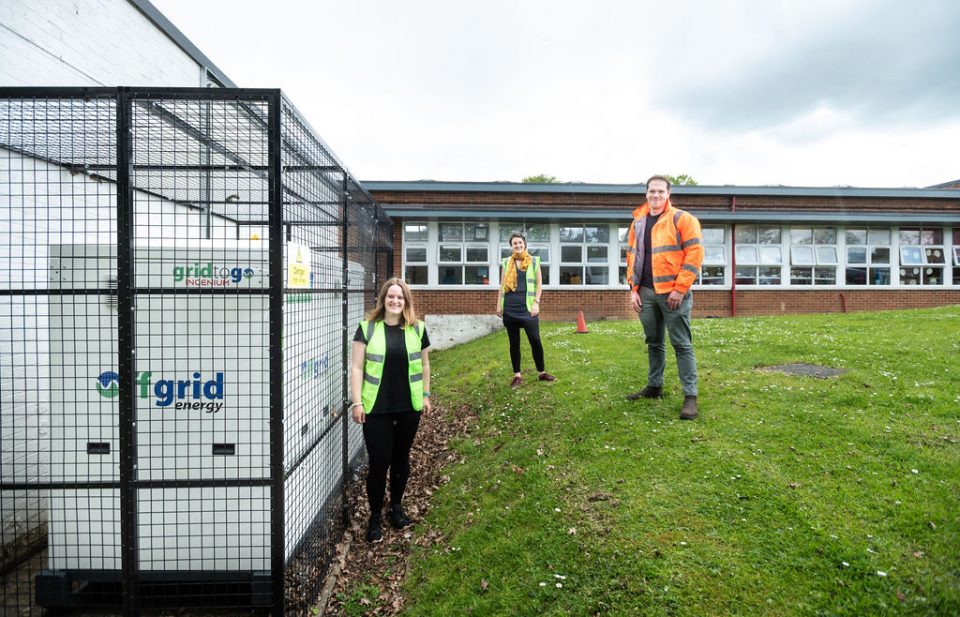


What is a Minimum Viable System (MVS) trial?
Project LEO has developed an iterative ‘learn-by-doing’ approach referred to as ‘Minimum Viable System (MVS) trials’, to enable short tests to be conducted which allow the project team to identify potential asset use cases, understand the required multiple system integrations and develop end-to-end procedures which may be required to operate a local flexibility market. These MVS trials were the heart of Project LEO’s Lean agile approach to system innovation.
Trials ran within the MVS approach represent the minimum set of participants and processes that are required in order to test a new process or asset use case. In doing so, new value can be identified and confirmed at a small, quick scale, before significant investment in time, money and user relations are committed; it is intended as a way to manage the risks associated with innovation in an uncertain, changing environment. All MVS trials within Project LEO were in response to artificial constraints on the network system.
The technical, commercial, and social aspects listed below are broad areas in which the MVS trials are seeking to gain understanding and insights in. Trials have therefore been designed to maximise gathering information relating to these.
- Level of monitoring required on the energy asset and network in order to understand the impact an event has on the local distribution network
- Requirement for communications and IT capabilities within a given energy asset to enable levels of automation for providing flexibility services
- Understanding the type of contracts required to be in place between a flex provider and the network operator, and other parties as necessary
- Service Costs associated with providing or failing to provide a flexibility service
- How to enable equitable participation across the local energy system, including both commercial asset owners and assets owned and operated by local communities
- Understanding what the non-financial incentives are for participants within the local energy market are.
To date, MVS trials have been run on the following energy assets:
- Oxford Bus Company Batteries
- Rose Hill Primary School PV and collocated battery
- Sandford Hydro
- Sackler Library
- Oxfordshire County Council Library
